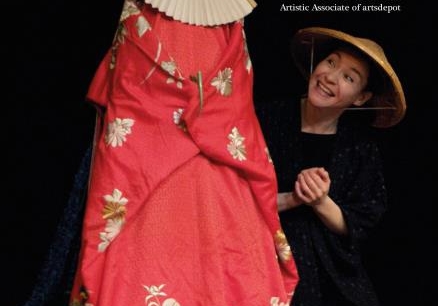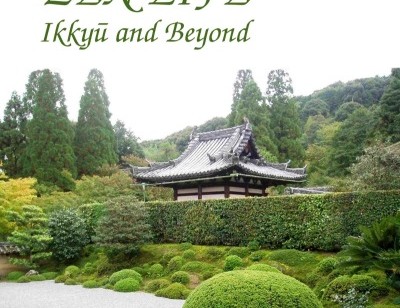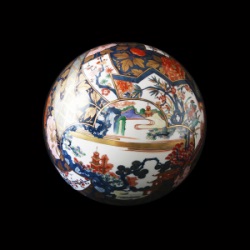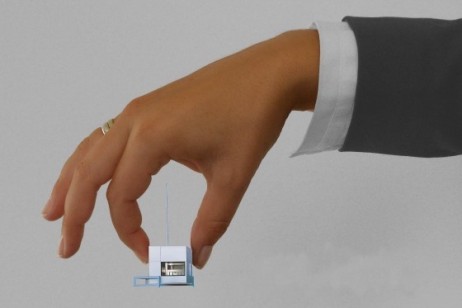20 May 2014
Delirious Metropolis
Based on the subject of physicality and topicality within the delirious metropolis, Toru Ishii’s first solo exhibition in the UK aims to achieve a hybrid of expression in elements such as the past and present and the digital and analogue. He challenges how traditional art can exist in this modern age, and attempts to find a new paradigm of art by employing long-established techniques.
More info










